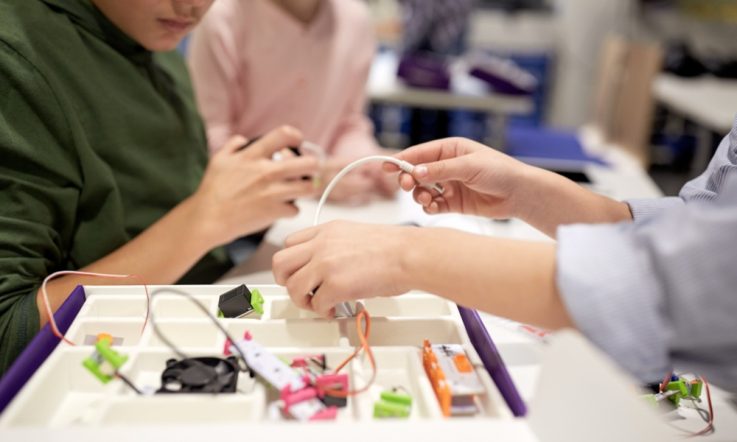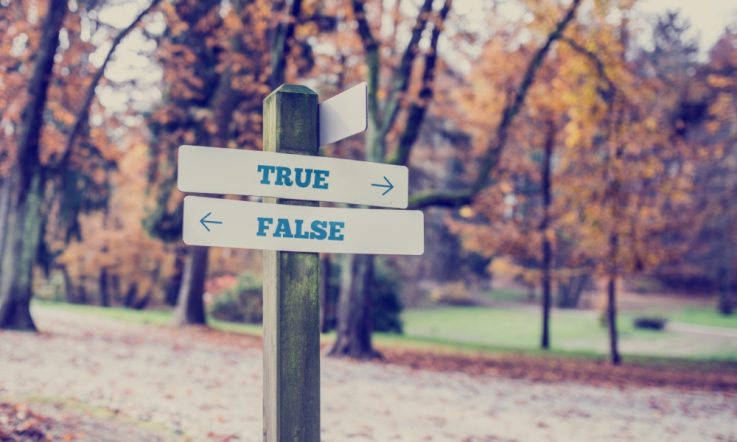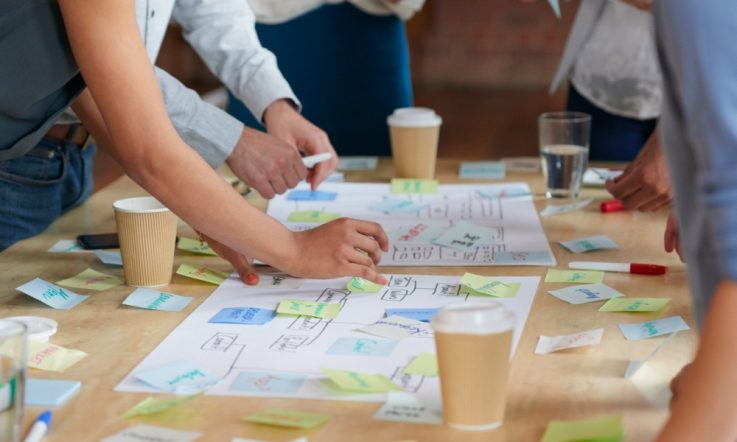Over the last five or so years the focus around general capabilities substantially shifted from the question of why we should be assessing and teaching the skills. The main question now is how we can teach and assess general capabilities including critical thinking, creativity, collaboration, and research skills.
Many schools or systems are adopting an agenda for integrating, teaching and assessing general capabilities but are getting into difficulty when it comes to identifying resources to do so. With different perspectives and little concrete evidence, educators are understandably uncertain about which perspective to adopt, or are finding it difficult to identify resources to implement.
Unfortunately, we are in a ‘chicken and egg' holding pattern. Schools may not be in a position to take a risk in adopting one approach over another without evidence of its effectiveness and researchers can't provide evidence of effective approaches until schools opt in to trials.
Many teachers recognise the value of teaching general capabilities and are open and enthusiastic, but have found that they have not been adequately prepared to teach these skills and consequently lack confidence in implementing lessons or strategies that focus on them. From jurisdiction to jurisdiction, there are wide variations in terminology, approach and aspiration, and evidence of what is working is sparse. Teachers may be uncertain of the expected outcomes in comparison to traditional lessons and this is reasonable given that there is no research evidence concerning this, and there are no specifications of learning outcomes that are aligned with available assessments.
By nature, 21st century learning activities are often open-ended, involve unbounded sets of information, and there may be ongoing redefinition of the goal of the task. It is important that students develop skills to establish and adapt goals according to available information, seek out relevant and valid information for the task, and continually monitor their own progress. Despite slow progress in this area of research, it is moving. In particular, there is a large movement around teaching general capabilities using problem-based or inquiry-based learning – most likely because problem solving is one of the most frequently mentioned ‘in demand' skills and features consistently across frameworks.
The need to develop practical solutions for assessing and teaching social and cognitive skills – broadly classified under the umbrella of ‘21st century skills' or general capabilities – is ever increasing. An integrated approach to teaching the skills across domain areas is necessary for sustainability. Traditional methods of assessment may not be sufficient, and innovative methods need to be sought and validated. Teachers require professional development, resources and tools to be effective.
The Centre for Assessment Reform and Innovation (CARI) at the Australian Council for Educational Research (ACER) has been developing an assessment framework for measuring and monitoring 21st century skills in the classroom. Through a combination of curriculum-orientated assessment tools, resources, and professional development, the aim is to equip teachers to integrate the teaching and assessing of general capabilities into their regular classroom teaching practice, via problem-based learning tasks that can be easily adopted and adapted to a variety of curriculum topics. The assessment tools involve a complex problem-solving task in which students need to demonstrate collaboration, critical thinking, creativity, research, and communication skills. Learning progressions have been proposed for each of the skills to support identification of levels of proficiency in each of the skills.
Work has already begun in trialling this new, classroom-based assessment in Australian schools, using a Year 8 collaborative problem-based learning task about refugee resettlement. An additional STEM-based problem context at Year 8 – as well as new Humanities- and STEM-based tasks at Grade 5 – are currently in development to be trialled later in the year. Early analysis of the trial data is enabling the researchers to refine the delivery and resourcing which supports the task, so as to ensure valid, accurate and well-targeted assessment of the general capabilities it requires students to demonstrate.
It is acknowledged that the sorts of 21st century skills and general capabilities increasingly expected of school graduates and employees can manifest themselves in an enormous range of expressions, contexts and applications that are beyond the scope of a small suite of classroom tasks to definitively assess. Nevertheless, it is important work to find well-considered and reliable ways teachers can elicit, isolate and measure these capabilities in some form, if only to correct the perception that such skills are so nebulous and elusive that they simply cannot be assessed. Once this has been achieved, and using correctly-tuned, teacher-friendly assessment methods, it is hoped that schools adapt and propagate the CARI project's approach so as to embed 21st century skills more comprehensively in the curriculum and the classroom.
If you are interested involving your school or class in the project contact Claire Scoular (claire.scoular@acer.org) or Jonathan Heard (jonathan.heard@acer.org).
How much focus does your school give the general capabilities? Do you have existing tools and resources? If so, what do these look like? To what extent do you draw on the curricula in reference to the skills?
What tools or resources would you find useful in teaching and assessing the general capabilities? What information would be useful to know about the ability of your students in these skill areas?
Dr Claire Scoular will be presenting at Research Conference 2018. The session is titled Equipping teachers with tools to assess and teach general capabilities?



